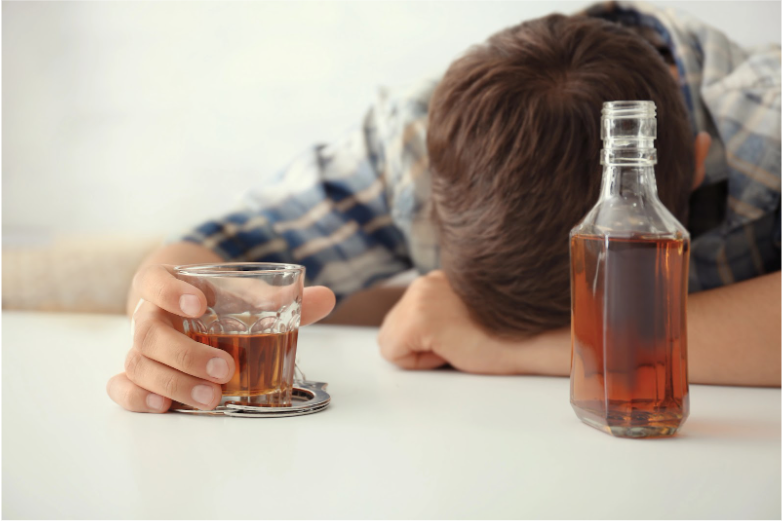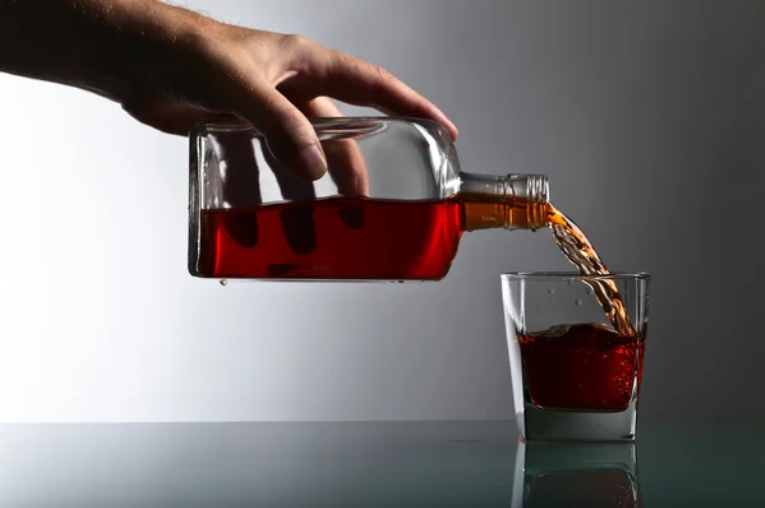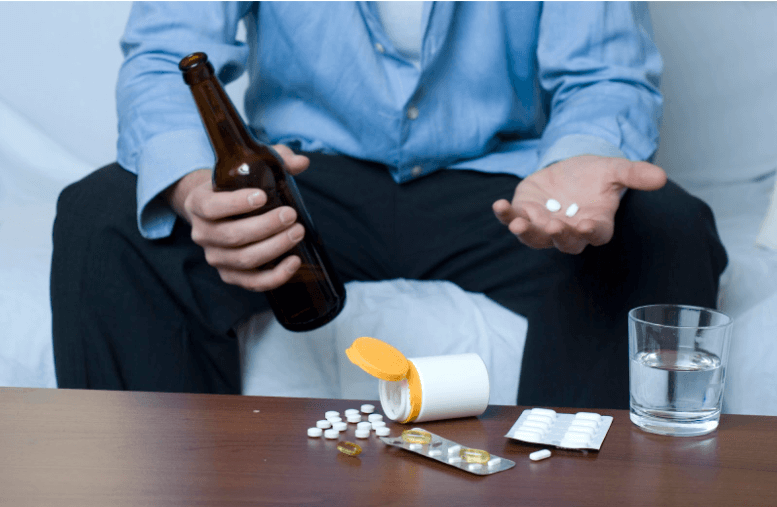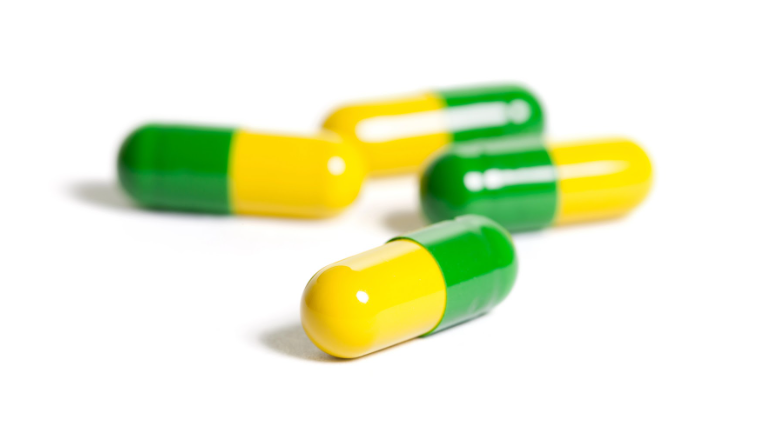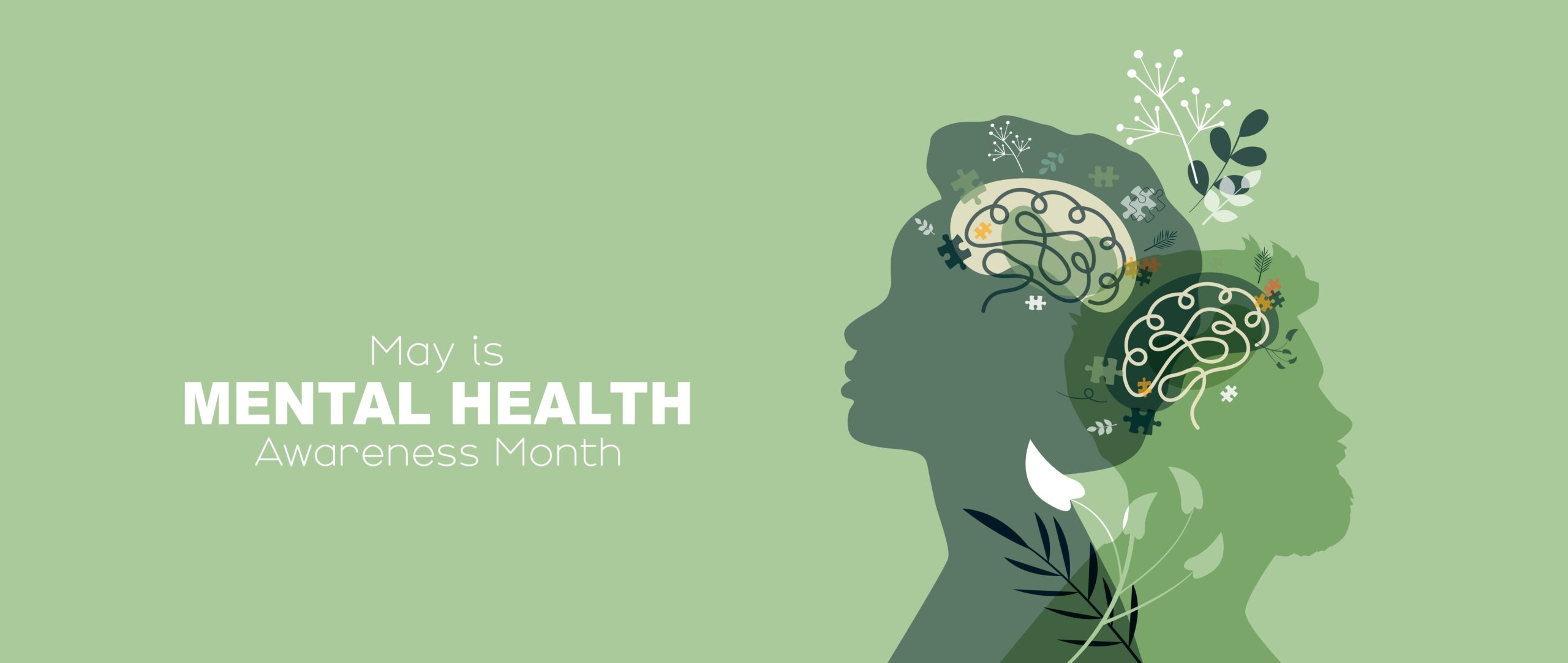Treatment for Alcohol Use Disorder
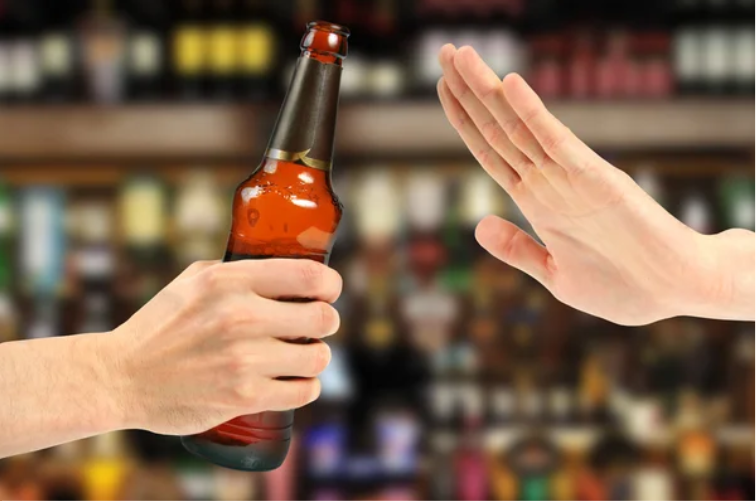
Treatment for alcohol use disorder aims to help people stop drinking to avoid the psychological, legal, financial, social, and physical consequences that can result from problematic drinking.
Treatment may involve a brief intervention, individual or group counseling, an outpatient program, or a residential inpatient stay. Working to stop drinking is very important to avoid the negative consequences of excessive alcohol use, but quitting is often accompanied by uncomfortable withdrawal symptoms which can include:
- Anxiety
- Depression
- Irritability
- Fatigue
- Nausea
- Sweating
- Shakiness
- Headache
- Insomnia
Withdrawal symptoms can be severe and even dangerous for some people. Medically supervised detox can provide support to ease withdrawal symptoms and prevent complications for those who need it.
Behavioral Treatments
Counseling and therapy for groups and individuals help people identify the root causes of their alcohol use, repair relationships, and learn healthier coping skills and ways to prevent relapse. Common behavioral treatments include:
- Cognitive-behavioral therapy (CBT) helps people identify and change thought patterns and behaviors that lead to drinking.
- Motivational enhancement therapy uses motivational interviewing principles to help people build and strengthen their motivation to change drinking behavior.
- Marital and family counseling incorporates spouses and family members to repair and improve family relationships.
- Brief interventions are short, one-on-one or small-group counseling sessions that provide personalized feedback and advice.
Medications
Medications can help people stop drinking and avoid relapse. Three medications are currently FDA-approved for treating alcohol use disorder:
- Naltrexone blocks the receptors involved in the rewarding effects of alcohol. It reduces cravings and the amount of alcohol consumed on drinking days.
- Acamprosate works on multiple brain systems to reduce cravings, especially just after someone stops drinking.
- Disulfiram causes unpleasant effects such as nausea and flushing of the skin when a person drinks alcohol. Knowing the unpleasant effects will occur if they drink alcohol can help some people avoid drinking.
Medications are most effective when used along with behavioral therapy and social support.
Support Groups
Support groups provide peer support and accountability to help people focus on sobriety. Alcoholics Anonymous is a free self-help group where members support each other in their sobriety. Many people benefit from the social support and structure provided by mutual support groups.
Residential Treatment
Residential or inpatient treatment can provide intensive therapy, support, and planning for recovery for people who have been unable to stop drinking with other treatment approaches or who have co-occurring mental health conditions. Residential treatment centers offer a supportive environment free of alcohol with medical support and intensive therapy to build coping and relapse prevention skills.
Living With Alcohol Use Disorder

Recovery from alcohol use disorder is a journey, not a destination. With treatment, many people are able to stop drinking and rebuild their lives. But relapse is common, especially during times of stress or when the supportive structure of treatment ends. AUD is a chronic disease, so ongoing support through therapy, medications, lifestyle changes, and support groups is often needed to prevent relapse and maintain sobriety.
Relapse Prevention
An important part of AUD treatment is learning skills to prevent relapse. Helpful techniques include:
- Identifying and avoiding high-risk situations
- Building a strong sober support network
- Managing stress in healthy ways
- Finding alternative ways to relax and have fun
- Continuing to attend therapy or support group meetings
With a solid relapse prevention plan, a person is more likely to maintain sobriety even when faced with triggers.
Lifestyle Changes
Making healthy lifestyle choices can aid recovery and help repair some of the physical and psychological damage caused by alcohol misuse.
Some of the most important healthy lifestyle changes include:
- Eating a healthy diet rich in essential nutrients
- Getting regular exercise
- Practicing relaxation techniques like meditation or deep breathing
- Prioritizing sleep
- Avoiding caffeine and nicotine
- Staying hydrated
Drinking plenty of water is especially important since alcohol use can lead to dehydration. A healthy lifestyle supports both physical and mental health in recovery.
Helping a Loved One With AUD
Watching a loved one struggle with alcohol use disorder can be painful. Although you can’t force someone to get sober, your support can encourage them to seek help.
Some tips for supporting a loved one:
- Express your concerns in a caring way
- Avoid criticizing or shaming
- Offer to help them find treatment
- Avoid enabling behaviors by setting clear boundaries
- Take care of your own well-being and seek support for yourself if needed
Recovery is most successful when a person’s support network gets involved. Consider attending counseling sessions with your loved one if asked and look for support groups for families and friends of people with AUD.
Are you or a loved one struggling with alcohol addiction? Aspire Recovery Center of Frisco can help.
Our compassionate experts understand the unique challenges of alcohol use disorder (AUD). We offer personalized treatment plans to address the physical, emotional, and mental aspects of recovery.
Aspire Frisco’s substance use programs can support you with:
- Evidence-based therapies: Counseling and behavioral strategies to develop new coping mechanisms and prevent relapse.
- Medication-assisted treatment (if suitable): Can help manage cravings and support sustained sobriety.
- Holistic support: We address the whole person to promote lasting recovery.
You don’t have to fight this alone. Take the first step towards healing and a brighter future. Contact Aspire Frisco today and let us support you on your journey to recovery.
Call 469-249-9363 or email info@aspirefrisco.com.
Frequently Asked Questions

1. How can I tell if I have alcohol use disorder?
If you find it difficult to control your alcohol consumption, continue to drink despite negative consequences, spend a lot of time drinking, feel strong cravings for alcohol, or experience physical withdrawal symptoms, you may have AUD. Talk to your doctor or a mental health professional if you suspect you have a problem with alcohol.
2. Is alcohol use disorder curable?
AUD is a chronic disease, meaning it cannot be cured but can be managed with treatment. Many people are able to achieve and maintain sobriety with a combination of behavioral therapy, medications, peer support, and lifestyle changes.
3. How long does treatment for AUD last?
The length of treatment depends on the severity of the disorder and the type of treatment. Brief interventions can be as short as one to four sessions, while longer outpatient or inpatient programs can last several months. Ongoing therapy and peer support are often recommended long-term to maintain recovery.
4. Can I recover from AUD on my own?
Overcoming AUD on your own is very difficult and potentially dangerous due to the risk of severe withdrawal symptoms. Professional treatment and support substantially increase the likelihood of achieving and maintaining sobriety.
5. What should I do if I relapse?
Relapse doesn’t mean treatment has failed. Reach out for help immediately, whether by contacting your therapist, going to a support group meeting, or talking to a trusted friend or family member. Relapse is often a sign that you need to adjust your treatment plan with additional support and coping strategies.
